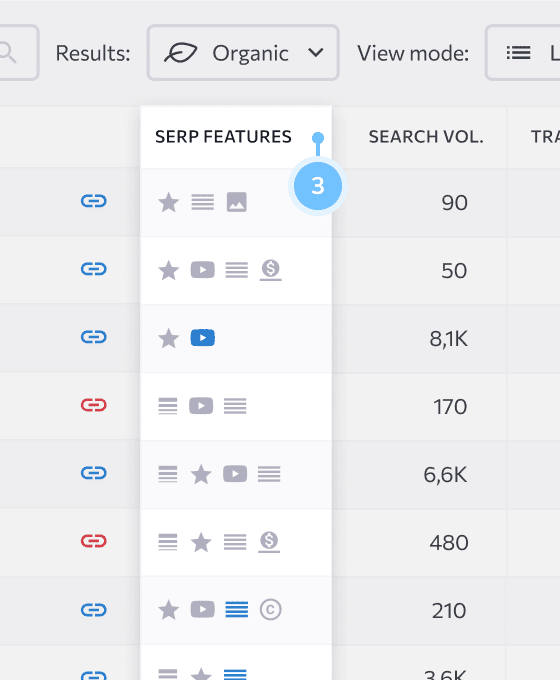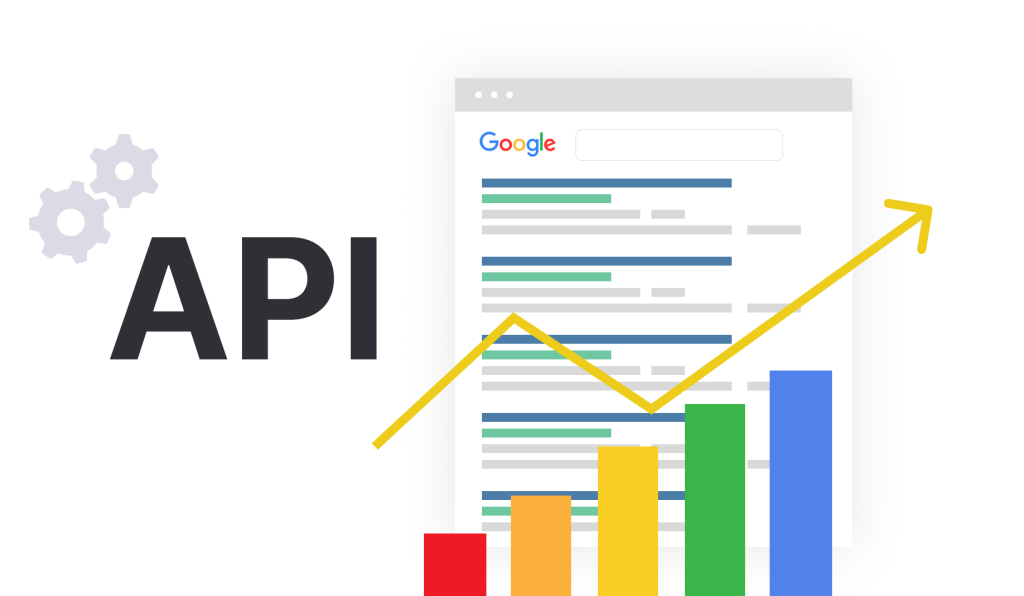Unlock Google Ranking Secrets: APIs, Trends & More!
Are you navigating the complex world of search engine optimization and wondering how to truly understand your website's performance? The key lies in harnessing the power of Google Ranking APIs, the tools that unlock a wealth of data and insights previously hidden from view.
The digital landscape is constantly evolving, and staying ahead requires a deep understanding of how Google perceives and ranks your content. Fortunately, a variety of tools and resources are available to help you gain that understanding. This article delves into the world of Google Ranking APIs, exploring their applications, functionalities, and the crucial role they play in modern SEO strategies. From analyzing keyword performance to understanding the nuances of page rank, we will uncover the secrets to unlocking your website's full potential.
Imagine being able to visualize global trends with the click of a button, or to understand the specific keywords that are driving traffic to your site. That's the power of Google Trends, a tool increasingly used by newsrooms, charities, and organizations around the world to understand and visualize data. To see how Google Trends is being used across the world, by newsrooms, charities, and more, take a look at the data visualization project where the trends data team works with the best designers around the world to tell stories with data, and make the results open source.
- Joey King Nonbinary Fact Check Bojacks Joey Pogo
- Aditi Mistry Scandal Leaks And Online Privacy The Truth
The heart of understanding Google's ranking system lies in its APIs (Application Programming Interfaces), which provide access to a range of data and functionalities. The Search Console API, for instance, gives you programmatic access to the most popular reports and actions within your Search Console account. This allows you to query your search analytics, list your verified sites, and manage your sitemaps for optimal site performance. But, before we get ahead, here's a direct link to the leaked Google Ranking API documentation, Google_API_Content_Warehouse v0.4.0., but be sure to save these pages quickly!
For those working with advanced AI and machine learning, the Vertex AI Rank Service Reranker offers powerful capabilities. To utilize this service, the Discovery Engine API must be enabled. All supported models can be found in the relevant documentation. Another key API is the Retrieval-Augmented Generation (RAG) API, used to retrieve relevant contexts for your queries. After creating your RAG corpus, you can retrieve relevant contexts from the Vertex AI RAG engine.
| Category | Information |
|---|---|
| API Name | Google Ranking API |
| Purpose | To provide programmatic access to Google's ranking data and functionalities for SEO and analysis. |
| Key Features |
|
| Related APIs |
|
| Usage | Used by SEO professionals, marketers, and developers to improve website ranking, analyze search trends, and optimize content. |
| Resources |
|
For developers seeking a local solution, the Apify CLI offers a convenient way to use the Google Rank Checker locally. This tool provides convenience functions and automatic retries on errors. Similarly, the Apify API client for JavaScript is the official library that allows you to use the Google Rank Checker API in JavaScript or TypeScript, offering the same convenience functions and error handling.
Of course, Google itself provides a valuable service: Google Translate. Offered free of charge, it instantly translates words, phrases, and web pages between English and over 100 other languages, making it an indispensable tool for global SEO and content localization. It helps to understand that the Ranking API is stateless, so there's no need to index documents before calling the API. All you need to do is pass in the query and documents. This makes the API well-suited for re-ranking documents from vector search and other search solutions.
The primary function of a Google Ranking API is to rank a set of documents based on a given query. This is particularly useful when you want to exclude webpages that rank highly on Google Search but are not ideal for your specific audience. These APIs offer the flexibility to extract search results with specific parameters, tailored to the user's unique needs. By using a Google Ranking API or SEO Ranking API, users can track keyword performance, analyze search result distributions, and gain valuable insights into search engine rankings.
Before diving into the specifics of the Google Page Ranking API, it's essential to understand the fundamental concept of PageRank and its significance in search engine optimization (SEO). PageRank is an algorithm used by Google Search to rank web pages in their search engine results. PageRank is a way of measuring the importance of website pages.
The Google Ranking API's capabilities are vast and varied. You can analyze keyword performance by tracking the position of your target keywords in search results over time. This allows you to identify trends, understand the impact of your SEO efforts, and make data-driven decisions about your content strategy. Furthermore, you can analyze search result distributions to understand the competitive landscape for your keywords. This involves examining the types of websites that are ranking for your target terms, identifying potential competitors, and uncovering opportunities to differentiate your content.
One of the most valuable features of Google Ranking APIs is the ability to gain insights into search engine rankings. This involves understanding the factors that influence a website's position in search results, such as keyword relevance, content quality, and link popularity. By analyzing these factors, you can optimize your website to improve its visibility and attract more organic traffic.
The insights gleaned from Google Ranking APIs are invaluable for a variety of stakeholders. SEO professionals can use this data to refine their strategies, identify areas for improvement, and track the progress of their campaigns. Marketers can leverage this data to understand customer search behavior, optimize their content for specific keywords, and measure the ROI of their marketing efforts. Developers can use these APIs to build custom SEO tools, automate ranking analysis, and integrate search data into their applications.
In conclusion, Google Ranking APIs are essential tools for anyone looking to understand and improve their website's performance in search. By leveraging the data and functionalities offered by these APIs, you can gain valuable insights into keyword performance, search result distributions, and search engine rankings, and ultimately unlock your website's full potential.
Article Recommendations
- Dr Nows Wives Oz Marriage Surprising Facts Revealed
- No Results Found Tips To Refine Your Search Query



Detail Author:
- Name : Kieran Heller
- Username : jschmeler
- Email : pouros.kacey@yahoo.com
- Birthdate : 2006-07-12
- Address : 624 Liliana Harbor Paulshire, NV 18724
- Phone : 283-810-2117
- Company : Bergnaum, Schinner and Ortiz
- Job : Semiconductor Processor
- Bio : Non vero voluptas nesciunt quaerat et eveniet. Et incidunt eos et impedit qui ipsum fuga. Officia ipsum est saepe quidem voluptas qui.
Socials
linkedin:
- url : https://linkedin.com/in/rberge
- username : rberge
- bio : Animi qui nihil tempore provident rerum et.
- followers : 3181
- following : 1234
facebook:
- url : https://facebook.com/raleighberge
- username : raleighberge
- bio : Saepe voluptatibus ipsam repellendus qui facilis.
- followers : 3551
- following : 680
tiktok:
- url : https://tiktok.com/@raleighberge
- username : raleighberge
- bio : Facere porro nihil asperiores qui rerum id molestiae.
- followers : 4558
- following : 1923
instagram:
- url : https://instagram.com/raleigh.berge
- username : raleigh.berge
- bio : Sint et nihil non et consequuntur. Dicta sed quidem aut velit. Magni illum dolore assumenda quia.
- followers : 6084
- following : 1874